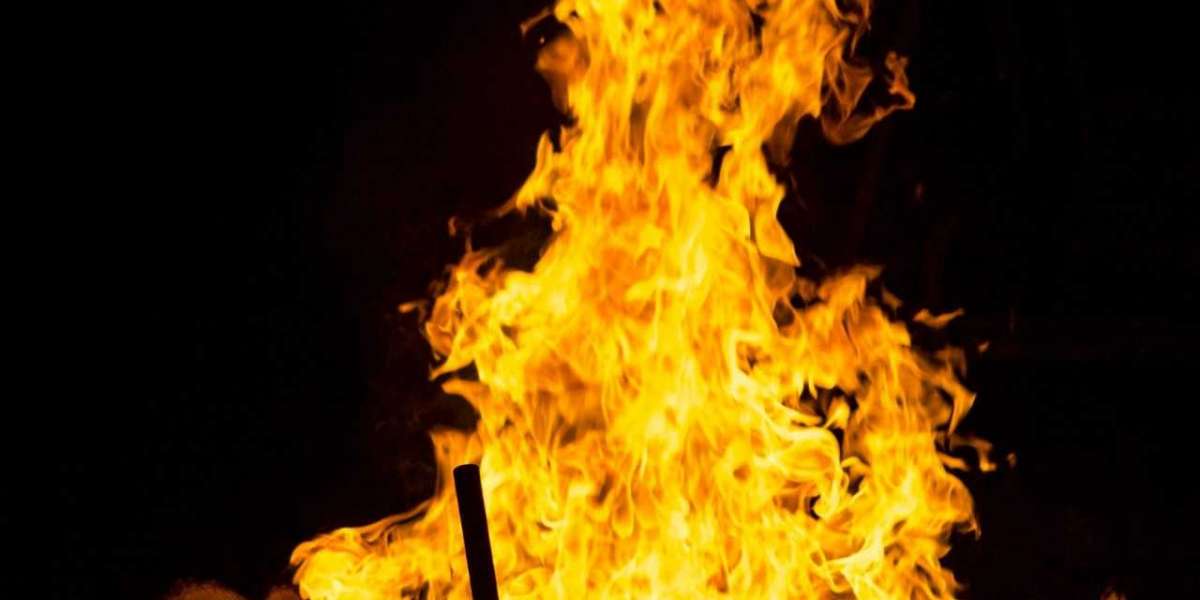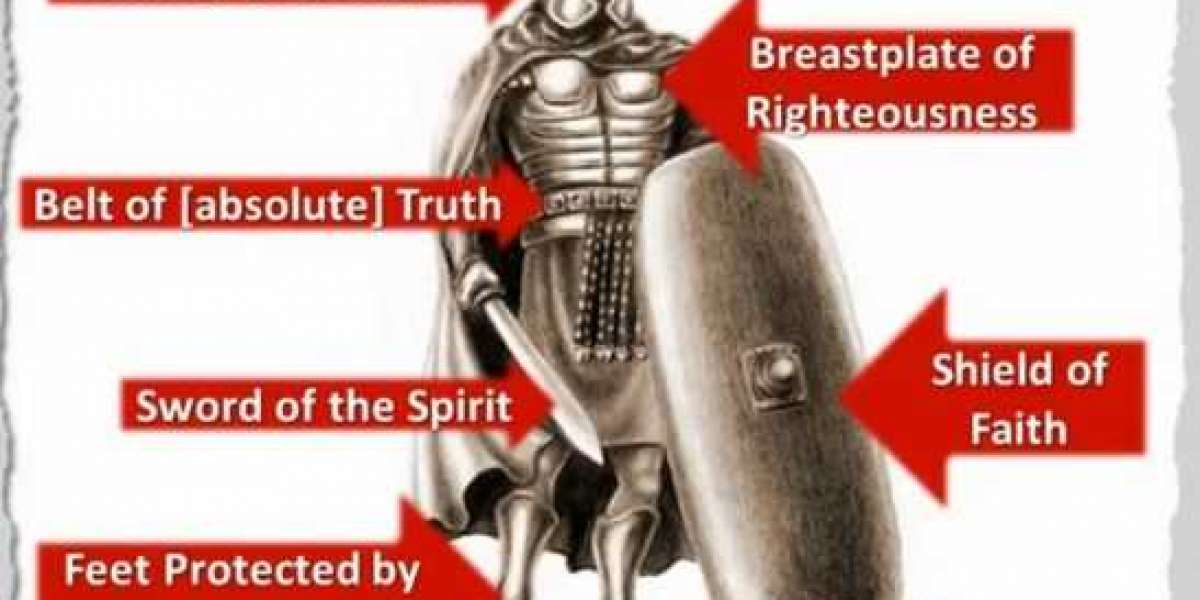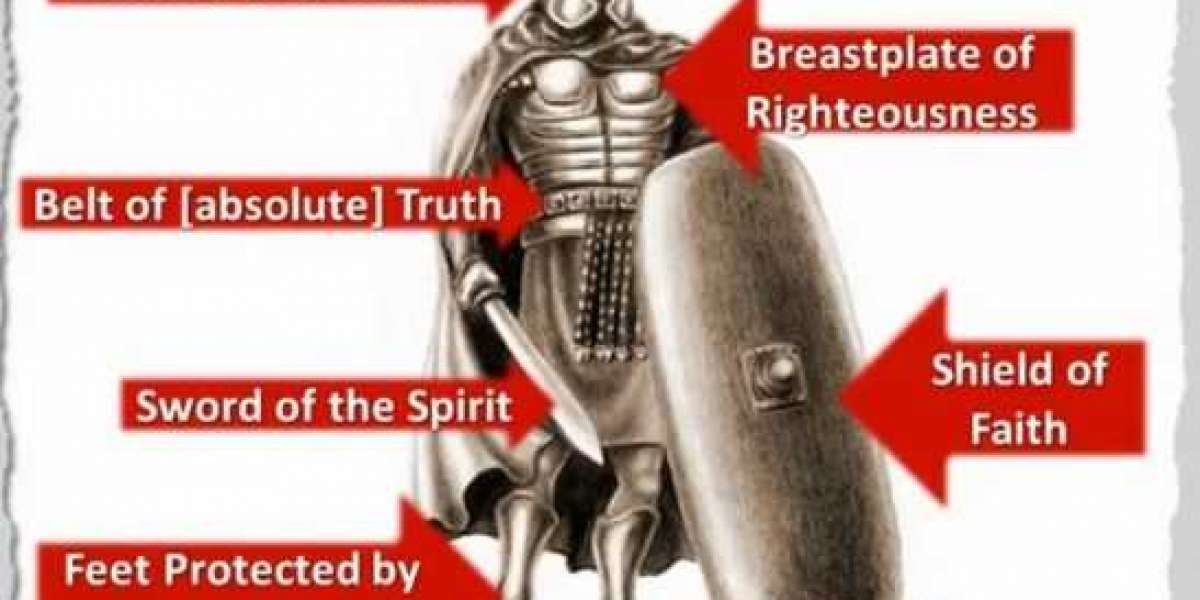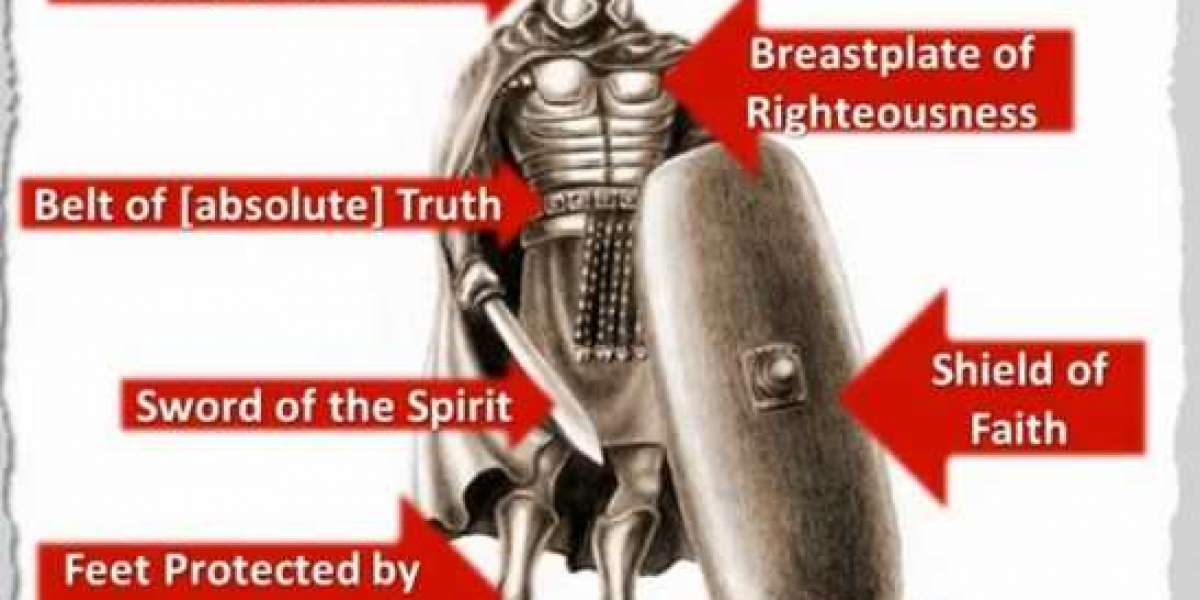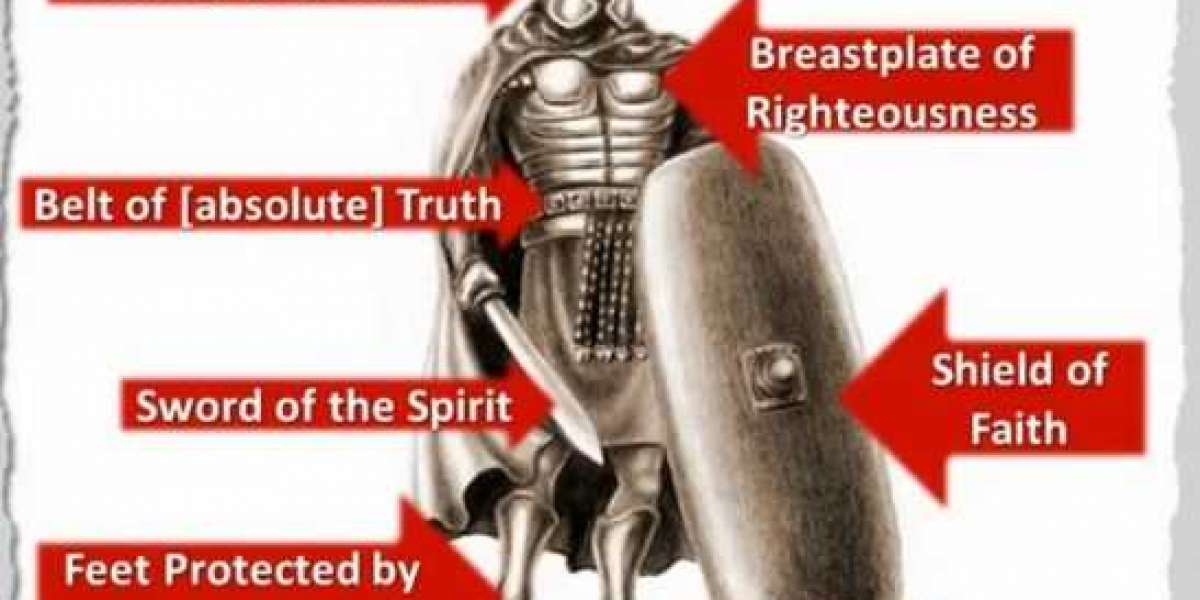“Wisdom is justified by her children”
(Luke 7:35; 1 Timothy 3:4-5)
Godly parenting should be based on real-world principles of instruction that teach all mankind: A parent is supposed to prepare their children for life—namely adult life; which is to say that parents are to prepare their children to, upon the latter’s physical maturity, at around 18 to 20 years, be able to function successfully in harmony with all of Reality by themselves. In order to do this, a parent must know how Reality itself functions, and take a lesson on parenting from Reality itself. Because Reality is how God has determined things to be; it is, quite evidently, His viewpoint on things (Romans 1:20, 26-27; 1 Corinthians 11:14-15; Genesis 1:31); and, as a consequence, Reality is where we understand the Reason for everything: It, Itself, is man’s basis for all Reason and for all things Reasonable. And when observing Reality, we see that Reality presides over all creation, including mankind, using both positive consequence and negative consequence (Deuteronomy 30:19). Consider for example, one of the elements of Reality: Fire. God Himself is called a "Consuming Fire" (Hebrews 12:29; Deuteronomy 9:3; Amos 5:6; Exodus 19:18-24); and He is likewise called, "Father", and thus is the One Parent of all mankind, from Whom we should likewise, if not entirely, take example (Ephesians 5:1); as He is responsible for having created, and for presently upholding, the very laws of Nature that impose upon us these positive and negative consequences from which all learning is derived (Proverbs 22:15; 26:3; 29:15, 17; Ecclesiastes 8:11-13).
And so let us consider for our parenting example, that symbol of fire which God the Father uses to describe even Himself. Everyone loves fire. People often enjoy nothing else quite like they do sitting around a camp-fire and staring into its actively glowing beauty. Fire is so generous: it warms us; it gives us light, whether atop a candle or a torch, or dimly glowing from within the nook of a cozy fireplace; it cooks our food; it's initial spark starts our cars, our lawn-mowers, our trucks and trains for shipping goods, our basic appliances; it is raw harnessable energy, a very life-force: for when we find a person busily in action about some purpose, we find ourselves metaphorically describing that individual as being "fired up", just as God describes the godly zeal kindled by the Holy Spirit to be a fire (Luke 3:16; 12:49; Acts 2:3-4; Revelation 3:15-16).
Again, everyone loves fire; everyone needs fire; this powerful element serves mankind in countless ways. Yet, we all know that should we disrespect fire, should we handle it abusively, pay its presence little regard or little respect, provoke it or mess with it, this same, typically humble flame, will be enraged and will rise up and burn us with its wrath, and it will not think twice about doing so. Its penalty will be so harsh, yet often quite proportionate to our level of disrespect (Deuteronomy 25:2-3). Cross it a little, and it will reliably inflict a small but severe burn, a flesh-wound, which will sting deeply and for some lingering time afterward, many days even, though ultimately that flesh-wound will heal (Proverbs 20:30; 23:13-14); cross it greatly, and this same fire that we so cherish will have no problem burning you to a cinder, you and all your household with you, and all your goods.
And yet, for knowing that fire can be so severe (Romans 11:22)—(far more than any proper parent ever would be inclined to be toward their own child),—this same fire remains greatly beloved; and man simply learns from his great fear to respect and reverence fire (Proverbs 9:10-12), not to mess with it, not to provoke it, but to regard it properly and thereby to enter into a prosperous relationship with it, and so continue to be served by it (Mark 10:45; Romans 15:1-3; Acts 20:35; 1 Thessalonians 5:14; Ezekiel 34:4). In this way, though not to the extreme degree of course that fire is prepared to take things, a parent ought to train up their child (Proverbs 22:6), using the positive consequences of love and instruction and care-taking, but also readily and reliably inflicting the negative consequences of corporal-punishment on their children whom they love (Hebrews 12:5-11; Revelation 3:19).
Like fire has taught us all, and so has earned our great love and respect, so the parent ought to have no fear of spanking promoting anything but love and respect and orderly conduct in their child, whom they likewise discipline with the infliction of a passing flesh-wound. Thus, "whom the Lord loves", as He says, "He chastens, scourging every son whom He receives" (Hebrews 12:6); and He, of course, like the fire He has created for our good, is worthy both to be feared and loved;—though when we do not cross Him, it is ever, as with fire, only overwhelming love and adoration that we feel before the warmth of His fostering Presence (1 John 4:18-19).
